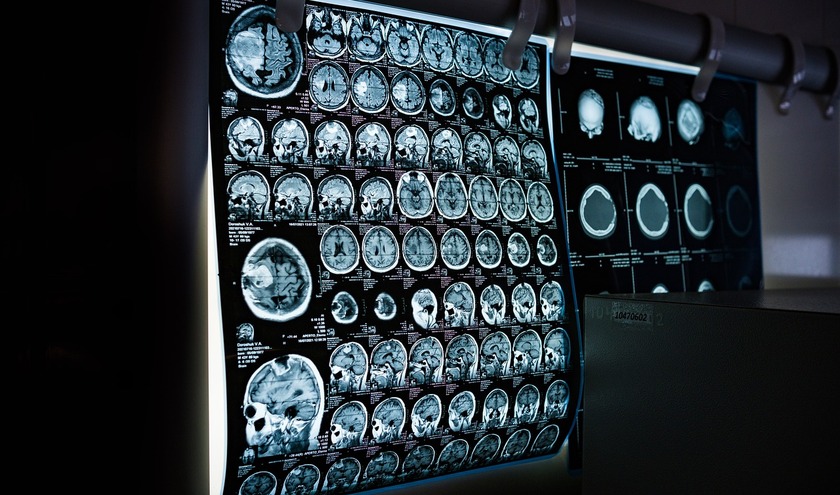The research, published in NeuroImage: Clinical, shows that the AI tool can analyse scans in just three seconds – compared with the typical five minutes needed by experienced neuroradiologists – and could be used to more accurately predict an individual patient's treatment outcome than with a doctor alone.
In a large group of 1,172 patients, the UCL Queen Square Institute of Neurology and UCLH team also showed the tool is accurate across patients of all ages and sexes.
Additionally, a workforce analysis forecast that if deployed nationally, it could save more than £1.5m in NHS costs within the next three years.
Lead author, Dr James Ruffle from UCL Queen Square Institute of Neurology, said: 'Given that the imaging appearances of an individual's brain tumour vary greatly from one patient to another, artificial intelligence technologies provide an innovative solution to enhance healthcare workers' data-driven decision making, improving and personalising care for each individual affected, and at near-zero additional cost to the NHS – and with savings to the NHS over the medium term.'
Senior author, Dr Harpreet Hyare, lead teenage and young adult neuroradiologist at UCLH, added: ‘By providing objective quantitative assessments of different brain tumour components that can be monitored over time, we can enable clinicians to plan treatment more effectively at critical time points.'
The AI-based imaging tool is one of several the team are currently developing specifically for neuro-oncology applications that they hope to bring into the clinical arena in the near future.
The research was funded by the Medical Research Council, the Wellcome Trust, the NIHR UCLH Biomedical Research Centre, with the translational network being funded by The National Brain Appeal.



